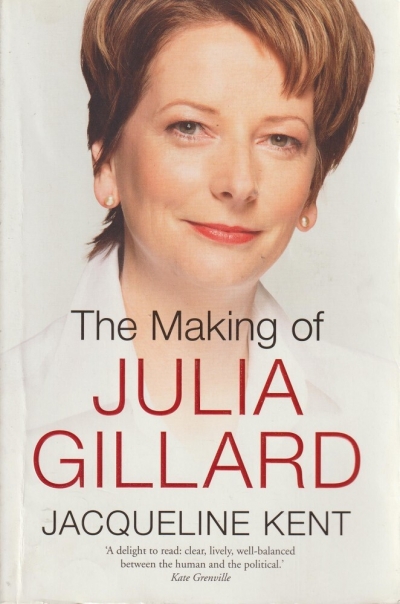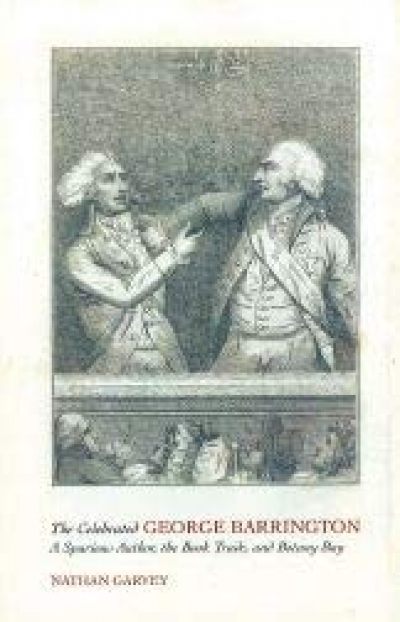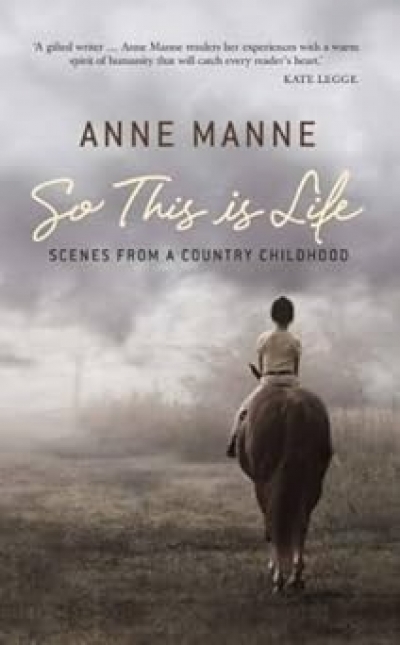Accessibility Tools
- Content scaling 100%
- Font size 100%
- Line height 100%
- Letter spacing 100%
Archive
How to Write History That People Want to Read by Ann Curthoys and Ann McGrath & Voice and Vision by Stephen J. Pyne
ON CLOUDSTREET
When we sought readers’ nominations for the ABR Favourite Australian Novel of any era or genre, we anticipated goodly interest in the poll, partly because we know you are a well-read and passionate bunch, but also because Oxford University Press and Penguin had offered us a couple of outstanding prizes to complement our three-year subscription to the magazine.
... (read more)In 2004, Somersault, a drama of youthful coming to terms with life’s challenges, scooped the pool at the Australian Film Institute’s annual awards. It was a melancholy comment on the state of the local industry that no other films could compete with this affecting but scarcely remarkable work. How different the situation will be in 2009.
... (read more)Clive James has been at the business of writing now for so long that his literary activities have almost outlived the fame that used to get in the way of their apprehension. Twenty or so years ago, it was possible to think that the man who clowned around in those ‘Postcards’ travelogues on television, and who seemed to reach some apogee of self-satisfaction and self-definition chatting to celebrities on the box, was just slumming it when it came to literature; that he had bigger fish to fry than this diminished thing, even, if he was forever reminding us of the grandness of the refusal he had made.
... (read more)In the anniversary week of Barack Obama’s election, the New York Yankees won the World Series, as all the world surely knows by now. The victory might have guaranteed a celebration, even in an America where unemployment hit ten per cent in the same week, but the glitz of the Yankees’ Friday ticker-tape parade through Lower Manhattan’s sombre but not sobered financial district was overshadowed by the news of the mass shooting at Fort Hood in Texas by American-born Major Nidal Malik Hasan.
... (read more)Maya Linden
Amid the proliferation of fiction inspired by supernatural themes, it is refreshing to find several débuts concerned with the more mundane – yet perhaps more pertinent – quests of adolescence. Tohby Riddle’s The Lucky Ones (Penguin) explores a period of change in the life of Tom, an aspiring artist, as he negotiates the purgatory between high school and adulthood. Told in a conversational voice, punctuated with poetic observation, it is a meditation on ‘the faint sadness that seems to underpin all things wonderful’.
... (read more)The Celebrated George Barrington: A Spurious Author; The Book Trade, And Botany Bay by Nathan Garvey
Why do you write?
To find out what I know, to remember what I can, and to make sense of it all – but also to make nice patterns; to get less ignorant if not adequately wiser; and because, like all obsessives, I get morose if I don’t.
... (read more)



